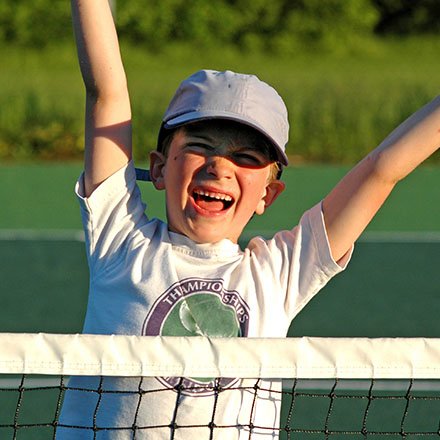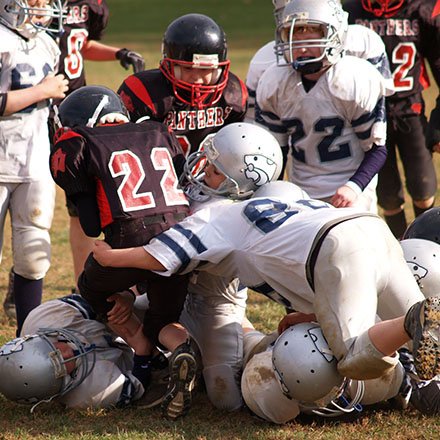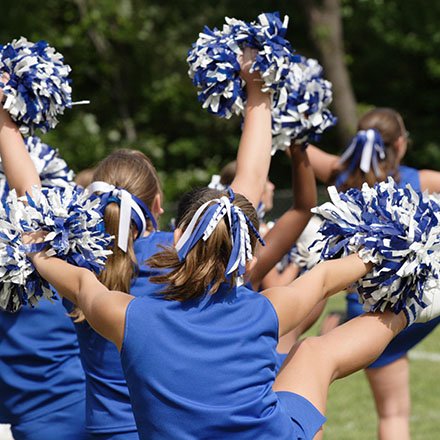Helping Youth Athletes Cope with Shutdown from COVID-19
By Dr Andrea Corn, Psy.D.
COVID-19 has dramatically changed the sports landscape, shutting down and canceling play from the pros to the pee-wees. What was unimaginable weeks ago, is now our new reality; and  one for which there is no playbook.
one for which there is no playbook.
How can you best help your young athlete? How can you lead not knowing exactly what to say or do?
First, pay close attention to your child’s reaction as this will give you clues to his or her mind-set or mood as non-verbal behaviors, such as facial expressions, body language, voice tone, will tell more than words.
Do expect to see signs of frustration to anger, to disappointment and tears, to expressed fears and helplessness, to possibly withdrawing and isolating oneself in the bedroom. After all, fun is now gone – children cannot play their sports or interact socially with classmates, friends, or neighbors.
There will be developmental differences. Younger children will be more likely to show their feelings through actions (e.g. hitting, kicking), whereas older children may display similar reactions too, but encourage them to talk about what’s bothering them.
Do acknowledge your young athlete’s feelings. Be the mirror that responds to what they aren’t seeing. After all, your child is understandably reacting to the gigantic losses of having his/her favorite activity and TV sport taken away without warning or knowing when it may return. Young athletes have also temporarily lost the social-emotional benefits associated with play from teamwork and building bonds of trust, cooperation, and respect to the personal aspects of being active to having opportunities to improve physical skills and coordination.
THE SOLUTION:
Be proactive! Offer a compassionate yet reassuring message as this will eventually pass.
One way to start the conversation can be by imagining aloud how you might feel if you were in your child’s shoes and share your thoughts and feelings. It’s not whether your child has the same reaction, it’s more about opening a dialogue.
Or, try “I” statements saying, I am concerned and want to know what’s going on inside your mind. I’m not a mind reader and don’t want to assume.
WAYS TO KEEP SPORTS ALIVE AT HOME:
- With magazines – cut and paste sports-related themes into creative artwork.
- Ask your child to recall a favorite sports experience.
- Share your favorite sports hero when you were young.
- Read biographies or articles from the Internet.
- Play sports trivia games together.
- Ask your child to share future sports hopes and dreams. You want to keep them alive and not dashed by anxiety or fear.
WHAT YOU CAN DO TO HELP YOURSELF:
As we are in this stressful time, remind yourself this is a new experience for all of us.
Be aware of your anxieties or frustrations.
Children will imitate (without realizing it) what they see. Now that we are all hunkered down in close quarters, unpleasant behaviors and moods can easily be amplified without intending for them to occur.
Do add humor to your play. It can reduce frustration and coupled with patience can be calming.
Exercise can be added after virtual or home-schooling.
Find time to play together for family bonding.
UNITY AND CONTINUITY
While our lives have been significantly disrupted and we’re still adjusting to all the changes, maintaining a strong emotional connection can be immeasurably invaluable.




